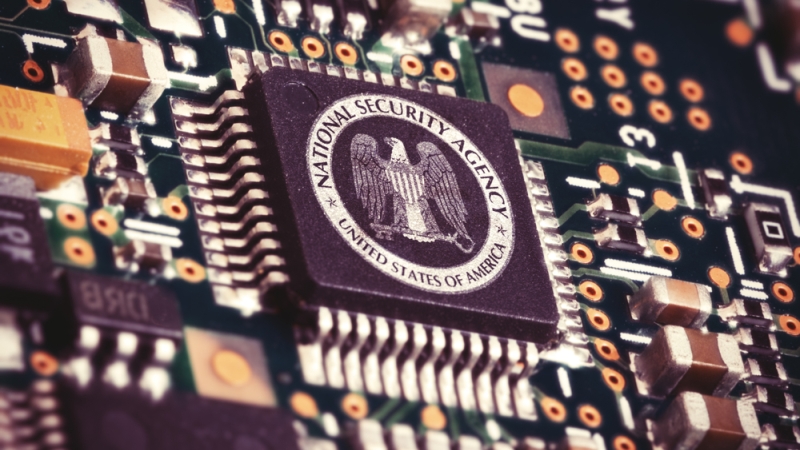
The National Security Agency (NSA) published its 2023 Cybersecurity Year in Review this week to share its recent cybersecurity successes, including the agency’s work to enhance national security through artificial intelligence, strategic competition, and more.
The report also highlights the agency’s work this year with other Federal agency partners, foreign partners, and the Defense Industrial Base (DIB).

“The combined talent of our partners is the greatest competitive advantage we have to confront the increasingly sophisticated threats we see today,” NSA Cybersecurity Director Rob Joyce said in a Dec. 19 press release.
The report highlights that NSA’s Cybersecurity Collaboration Center (CCC) tripled its partnerships this year, allowing the agency to collaborate in more than 750 open and robust relationships across industry and government.
According to the report, the CCC scaled its cybersecurity as a service program to include small-to-medium businesses within the DIB – increasing enrollments in NSA’s no-cost cybersecurity services to Department of Defense contractors by 400 percent.
Within the CCC, NSA also established the Artificial Intelligence Security Center this year, which will promote the secure development, integration, and adoption of AI technologies within National Security Systems (NSS) and the DIB.
Additionally, the 36-page report highlights NSA’s work to protect the United States against global threats such as Russian cyberespionage malware and malicious cyber activity from the People’s Republic of China (PRC).
This year, NSA said it joined forces with partners at the FBI, Cybersecurity and Infrastructure Security Agency (CISA), National Institute of Standards and Technology (NIST), and others to expose PRC and Russian intrusions into U.S. critical infrastructure.
“We need to be able to respond to threats from the PRC, Russia, and other global adversaries today and in the future,” NSA Director Gen. Paul Nakasone said in a letter within the report. “We must stay ahead of our global competitors who constantly seek to reshape the global information environment and the world order as we know it.”
“Cybersecurity matters. It matters to our partners and it matters to us. It ensures that our information, our intelligence, our knowledge can be shared securely,” Nakasone added.
